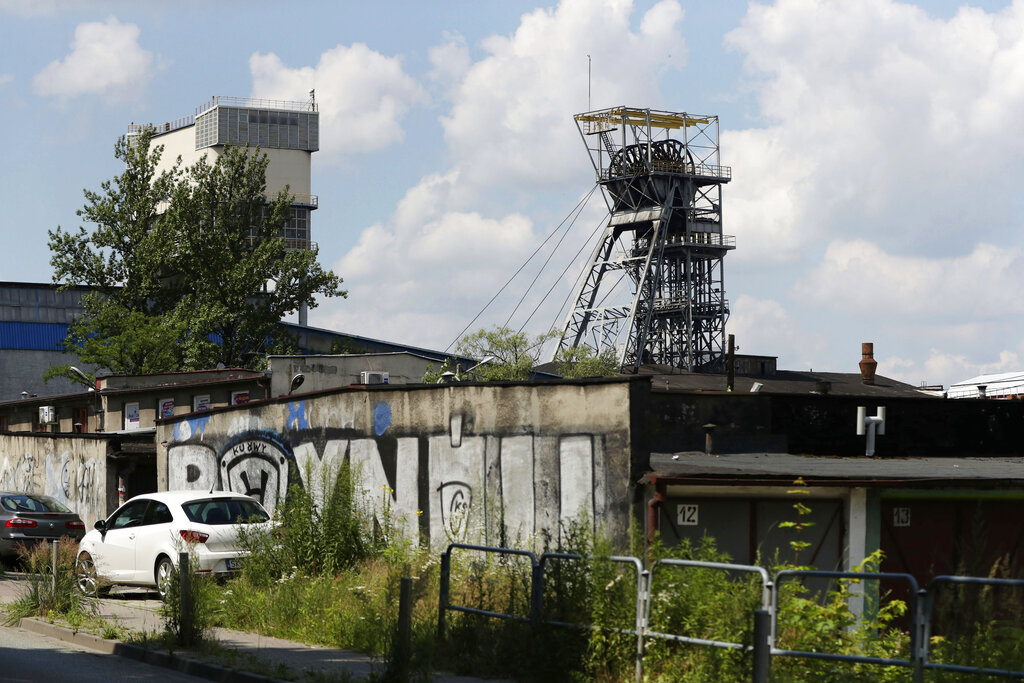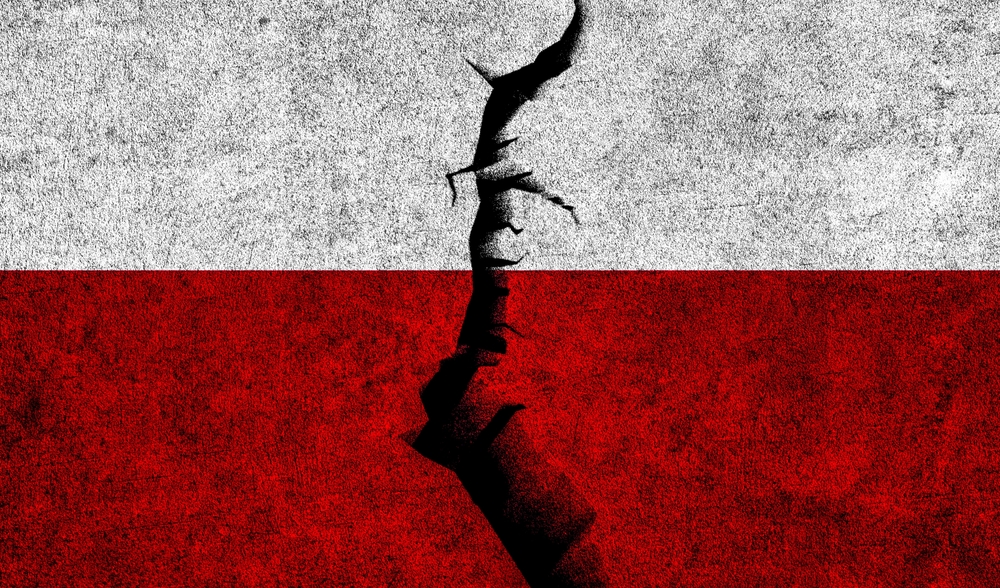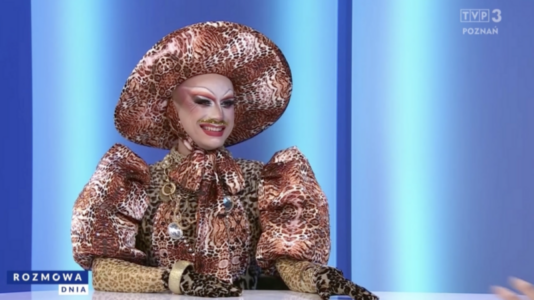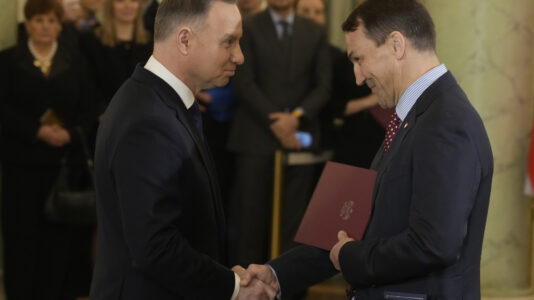Last week, Polish President Andrzej Duda vetoed the legislation recognizing Silesian as a language for three reasons.
First of all, linguists argue that Silesian is a dialect and not a language, which is an expert opinion he took into consideration. Second, he noted that recognizing the language would encourage separatism. Third, he sees real dangers in recognizing Silesia as a nation.
Duda’s doubts were immediately confirmed by writer Szczepan Twardoch, who commented after the veto that he hoped that after next year’s presidential election legislation would emerge that not only recognized Silesian as a language but also Silesians as an ethnic minority.
Twardoch is clearly saying that the objective is the recognition of Silesia as a nation over the long term. These sentiments are built on pro-German sympathies and the wish to be separate from Poland.

The problem is that the current political situation in Poland is encouraging separatism. Donald Tusk supports Silesian regionalism, and Polarization over the Silesian language helps to ensure that this minority remains anti-conservative.
Polarization in Poland favors opposition to the Law and Justice (PiS) party and President Duda. Russian geopolitical games further encourage separatism across the world, including in Poland, as well as the EU’s concept of Euroregions. And a narcissistic writer, Twardoch, who is helping lead the Silesians, supports separatism. Oikophobic elites in the country encourage separatism. Gazeta Wyborcza daily has already emphasized that an official break with Poland won’t happen “this term,” but the next president makes it an open question.
Duda’s veto is not the end, but the beginning of the struggle to keep Silesia Polish. We have to be careful not to provoke the kind of conflict the separatists want. Electioneering on the subject cannot be a substitute for organic efforts in Silesia to protect it from the separatist scourge.






